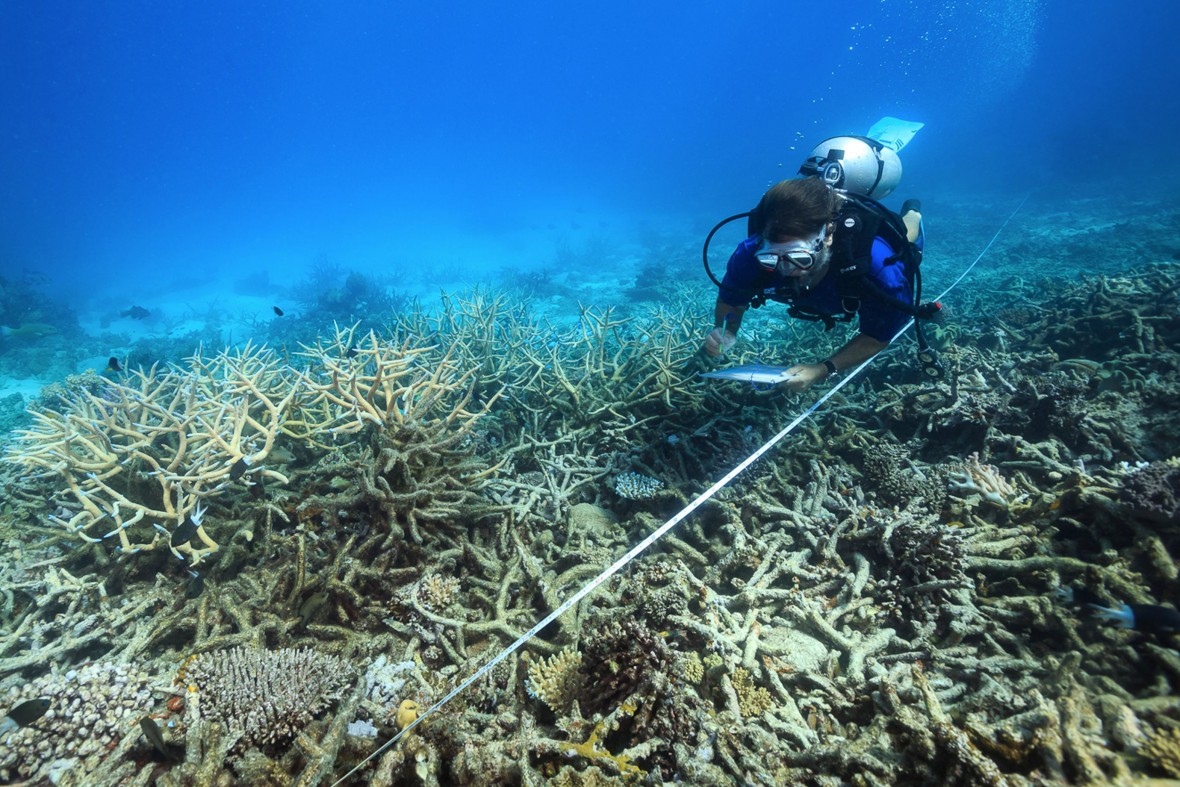Artificial Clouds Could Save the Great Barrier Reef

According to Australian oceanographer Daniel Harrison, artificial clouds may be the key to saving the Great Barrier Reef from coral bleaching.
He has designed special technology which aims to increase the cloud coverage in the target area. The project will be presented too two hundred experts during a meeting taking place in the Australian state of Queensland focused on finding methods in order to decrease the rapid destruction of the reef.
The method, developed at the Marine Studies Institute, part of the University of Sydney in partnership with the National Marine Science Center involves spraying seawater in order to increase cloud formations.
In order for clouds to form, water molecules need specks of dust so that they can condense onto it. While in-land there is an abundance of dust, and hence clouds can easily form (and ruin your previously sunny picnic) Over the ocean, the sea salt in the air allows the condensation process to take place. Harrison plans to use specialized nuzzles, able to spray a fine mist of droplets into the air, where it will mix with the atmosphere and create additional clouds without the use of chemicals or other polluting methods. As a result, the clouds will block a higher quantity of sunlight, which in turn will decrease the rate at which corals bleach.
The increased level of heat due to global warming remains a hot topic in many scientific circles around the world. While USA, in a controversial decision, left the Paris Accord, many countries have joined it since. Australia fights along other nations to convince more countries that more should be done in order to save the planet not only from the destruction of beautiful national landmarks but also in order to prevent negative events a cataclysmic scale, such as tsunami waves.
The Great Barrier Reef is a part of the UNESCO World Heritage sites.
0 comments